
Find Help
More Items From Ergsy search
-

Understanding Your Rights During Divorce Proceedings in the UK
Relevance: 100%
-

Understanding Your Rights in Divorce Proceedings
Relevance: 99%
-
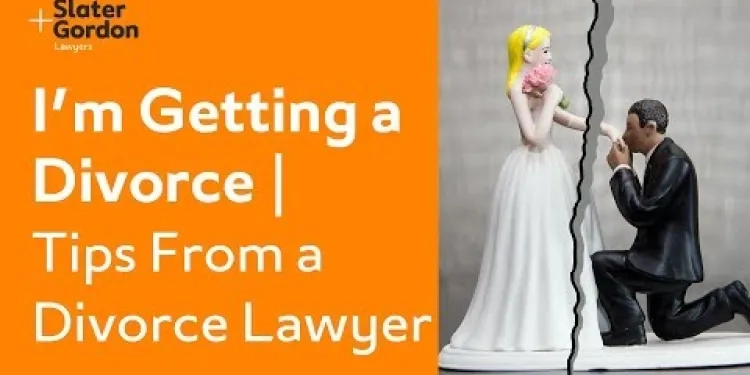
I'm Getting a Divorce | Tips From a Divorce Lawyer
Relevance: 64%
-
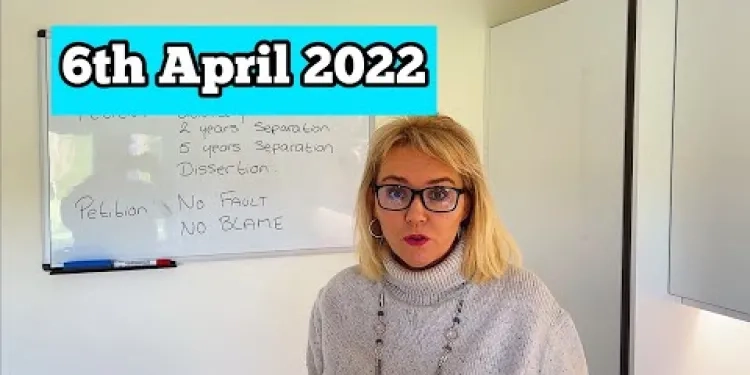
NO FAULT DIVORCE (What is there to know)
Relevance: 57%
-
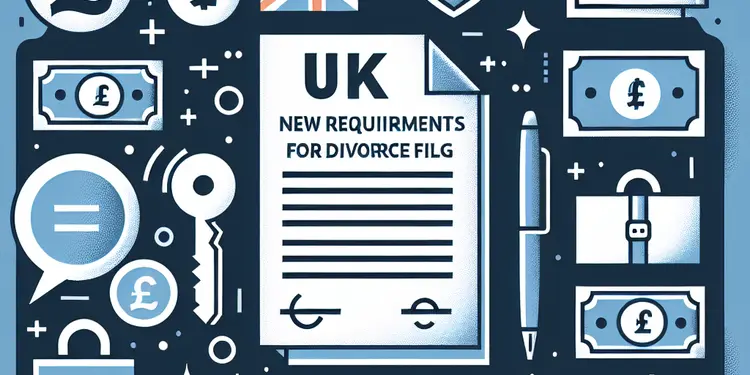
Are there any new requirements for divorce filings in 2026?
Relevance: 56%
-

Divorce UK (England and Wales) | UK Divorce Process and Overview Explained PART 1 | BlackBeltBarrister
Relevance: 56%
-
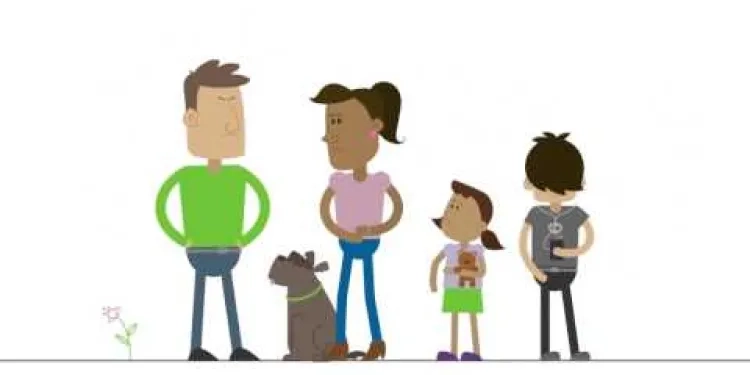
A Guide to the Divorce Process
Relevance: 55%
-
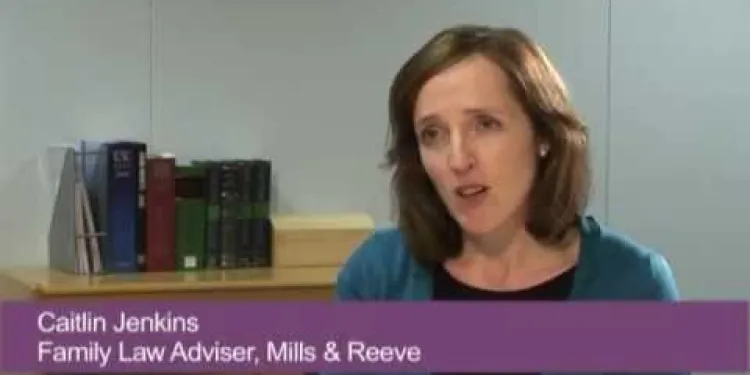
Divorce UK: What happens with the money in a divorce?
Relevance: 53%
-
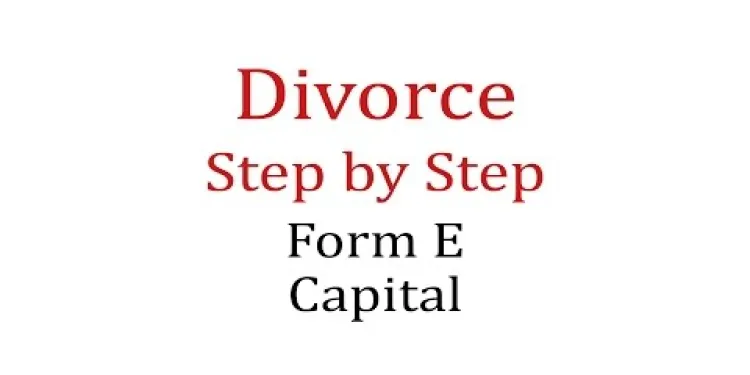
Divorce Step By Step - Form E - Capital
Relevance: 53%
-

Ultimate Guide to Financial Disclosure on Divorce in the UK
Relevance: 51%
-
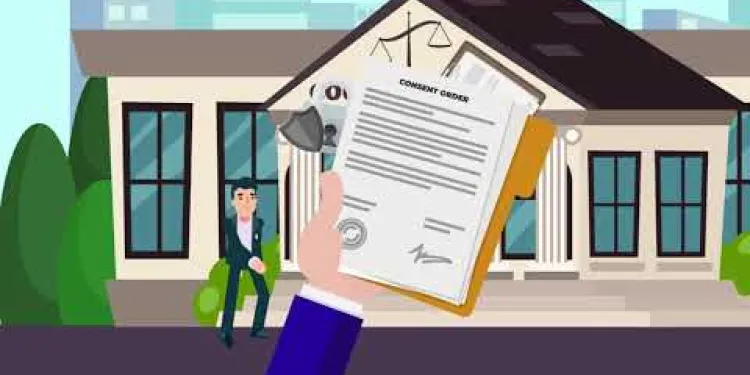
The 4 Steps to Agree a Financial Settlement on Divorce UK
Relevance: 49%
-

Can firefighter pension benefits be divided in a divorce?
Relevance: 48%
-
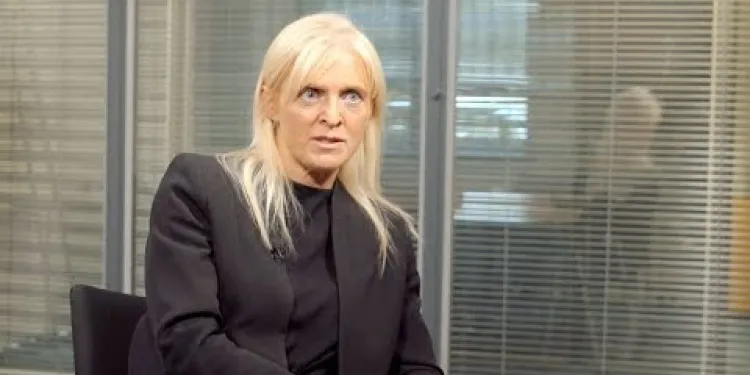
Child Care Proceedings | Family Law
Relevance: 46%
-

Divorce - How To Rebuild Your Life After Losing Everything
Relevance: 43%
-

Can the Attorney General in the UK intervene in legal proceedings?
Relevance: 41%
-

Have the rights of same-sex couples been affected by the 2026 family court changes?
Relevance: 41%
-

Can I represent myself in tribunal proceedings?
Relevance: 37%
-

Navigating Changes in Family Law Post-Brexit
Relevance: 34%
-

What is classed as the proceeds of crime?
Relevance: 33%
-

Pension rights for Firefighters in the UK
Relevance: 33%
-

Are there any exceptions to my right to access my medical records?
Relevance: 33%
-
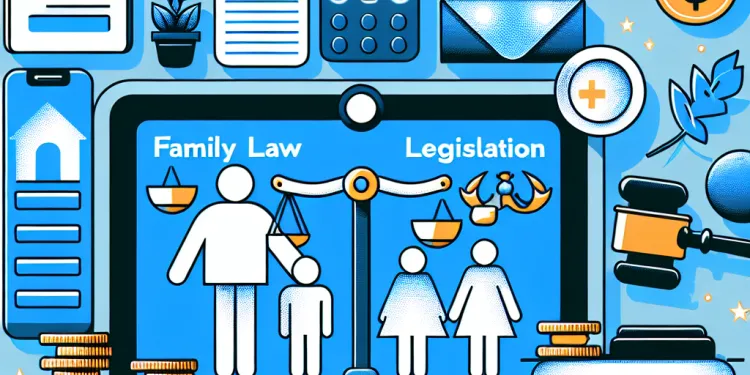
Impacts of Recent Changes to Family Law Legislation
Relevance: 33%
-
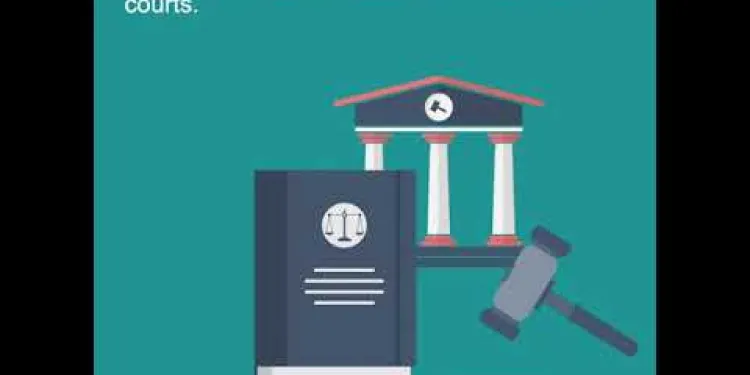
The Human Rights Act
Relevance: 32%
-

Is the Attorney General involved in human rights issues?
Relevance: 31%
-

What legal rights do I have as a medical patient in the EU?
Relevance: 31%
-

Have any changes been made regarding the enforcement of visitation rights?
Relevance: 30%
-

Navigating Child Custody and Visitation Rights in Modern UK
Relevance: 30%
-

Do I have a right to see other people's police records?
Relevance: 30%
-

Do I have a right to see my police records?
Relevance: 30%
-

How can shareholders enforce their rights?
Relevance: 30%
-

What is the impact of the 2026 changes on grandparent visitation rights?
Relevance: 29%
-
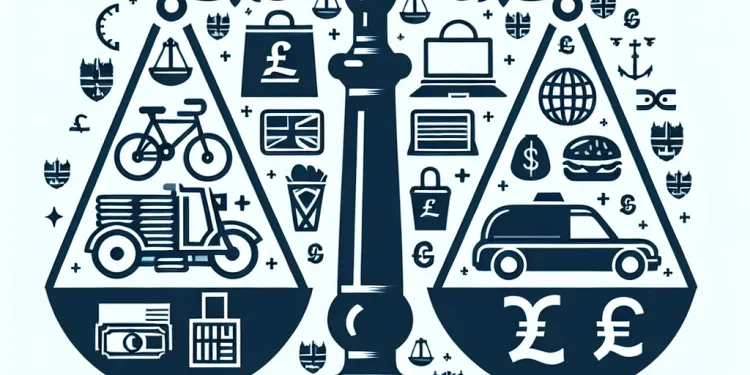
What are my rights as a Gig Worker?
Relevance: 29%
-

How are parental rights addressed differently in the 2026 family court updates?
Relevance: 28%
-
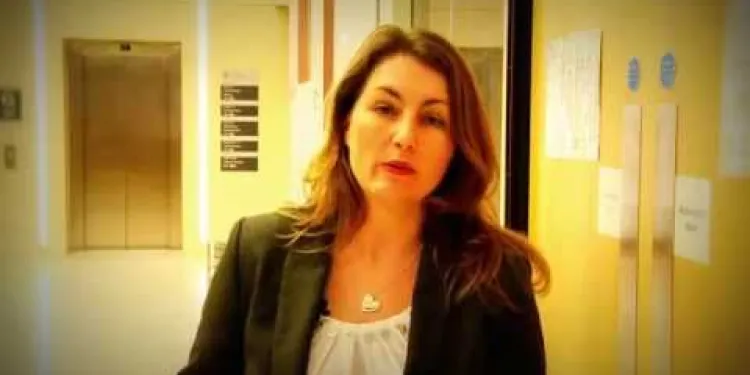
The Family Court without a Lawyer
Relevance: 28%
-

Does the right to access my medical records apply to minors?
Relevance: 28%
-

Do I have a right to see my medical records?
Relevance: 27%
-
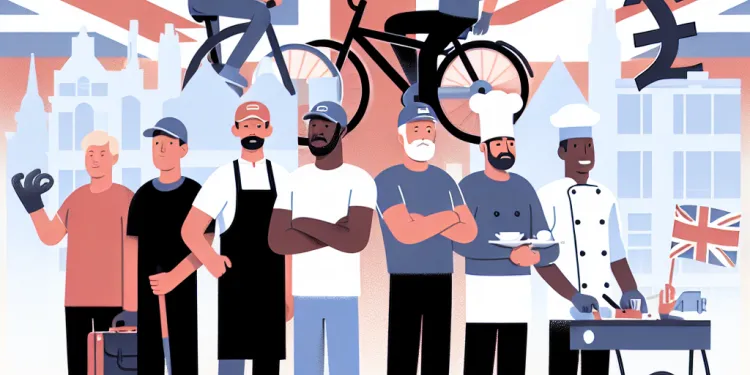
Do gig workers have the right to unionize?
Relevance: 27%
-
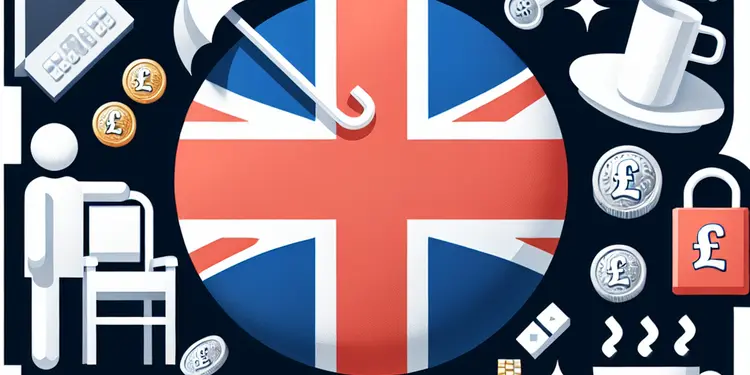
What rights do residents have in a care home?
Relevance: 27%
-

Is job security a right for gig workers?
Relevance: 26%
-

How do clinics determine if IVF is the right option?
Relevance: 26%
Understanding Your Rights in Divorce Proceedings
Introduction to Divorce Rights in the UK
Divorce can be a challenging and complex process, but understanding your rights can help you navigate it more effectively. In the United Kingdom, divorce proceedings should be fair and just for both parties involved. It is important to be aware of your rights, whether it concerns property division, child custody, or spousal support.
Property and Financial Settlements
One of the primary concerns in any divorce is the division of marital assets and finances. In the UK, there is no fixed formula for the division of property. Instead, courts aim for a fair distribution based on factors such as the duration of the marriage, the needs of each party, and their respective financial contributions. You have the right to a share of the matrimonial home, savings, investments, and pensions accumulated during the marriage.
Child Custody and Parental Rights
If you have children, their well-being is paramount. The UK legal system prioritizes the best interests of the child in custody arrangements. Both parents have the right to be involved in their children's lives, and courts often encourage joint custody arrangements. You are entitled to seek a custody arrangement that is fair and in the best interests of your children, including decisions about their education, health, and general welfare.
Spousal Maintenance
Spousal maintenance, or alimony, is financial support provided by one spouse to the other after divorce. In the UK, you may be entitled to receive or obliged to pay spousal maintenance depending on your financial situation and that of your ex-spouse. Courts consider factors like the length of the marriage, your role within the marriage, and each party's future earning capacity when determining maintenance. Understanding your rights related to spousal maintenance can help ensure you achieve a fair outcome.
Legal Representation and Advice
Having knowledgeable legal representation is crucial in navigating your rights during divorce proceedings. A solicitor can provide you with tailored advice specific to your situation, represent your interests in court, and negotiate settlements on your behalf. While self-representation is possible, professional legal counsel can help you understand complex legal jargon and ensure that your rights are fully protected throughout the process.
Conclusion
Understanding your rights during divorce proceedings is essential for securing a fair outcome. Whether it involves division of property, child custody, or spousal support, being informed empowers you to make the best decisions for your future. Seeking professional legal advice can further safeguard your rights and help guide you through the complexities of divorce in the UK.
Understanding Your Rights in Divorce Proceedings
Introduction to Divorce Rights in the UK
Divorce means ending a marriage. This can be difficult and confusing. Understanding what you can do and what is fair can help you a lot. In the UK, divorce should be fair for everyone. Know your rights about splitting property, taking care of children, and money support (alimony).
Property and Financial Settlements
When you divorce, splitting things like the house, money, and savings is important. In the UK, there is no set rule for who gets what. Courts want things to be fair. They look at how long you were married and what you both need. You have the right to get part of the home, savings, and more.
Child Custody and Parental Rights
If you have children, they come first. The UK cares most about what is best for the child. Both parents should be part of the child’s life. You can ask for a fair plan about who looks after the children and makes choices about school, health, and life.
Spousal Maintenance
Spousal maintenance is money one spouse pays the other after divorce. In the UK, you might get or give this money based on your and your ex-partner’s money situations. Courts look at how long you were married and your roles when deciding this money. Know your rights so you can have a fair outcome.
Legal Representation and Advice
Having a good lawyer is important during a divorce. A lawyer can give you advice, speak for you in court, and help with agreements. You can go to court without a lawyer, but having one can help you understand the legal words and protect your rights.
Conclusion
Knowing your rights in divorce is important to get a fair result. Whether it is about money, children, or support, being informed helps you make good choices. Seeking advice from a lawyer can also help protect your rights and guide you through the divorce process in the UK.
Frequently Asked Questions
What are the grounds for divorce in the UK?
In the UK, the grounds for divorce are irretrievable breakdown of the marriage, which can be proven through adultery, unreasonable behaviour, desertion, living apart for more than two years (with consent), or living apart for more than five years (without consent).
How long does the divorce process take?
The divorce process in the UK typically takes around 6 to 12 months, but it can be longer if there are complications, particularly regarding finances or children.
Do I need a solicitor to get divorced?
While it is not legally required to use a solicitor for a divorce, it is highly recommended, especially if there are complex issues regarding children, property, or finances.
How much does a divorce cost?
The cost of a divorce can vary widely. The court fee for filing a divorce is currently £593, and additional legal fees can vary depending on the complexity of the case and whether it is contested.
Can I get a divorce if my spouse does not agree?
Yes, you can get a divorce even if your spouse does not agree, but it may take longer or be more complicated if they contest the divorce.
What happens to our children during a divorce?
During a divorce, the court's primary concern is the welfare of the children. Arrangements for custody, living arrangements, and financial support will need to be made, either through mutual agreement or court orders.
How are financial assets divided in a divorce?
Financial assets are divided based on what is fair and reasonable, taking into consideration factors like the length of the marriage, the needs of each party, and contributions to the marriage. The division can be agreed upon through mediation or decided by the court.
What is a Financial Remedy Order?
A Financial Remedy Order is a court order that addresses the division of finances during a divorce, including property, savings, pensions, and debt.
Can I change my name during the divorce process?
Yes, you can change your name during the divorce process. You can revert to your maiden name or choose a new name by Deed Poll.
What is mediation in the context of divorce?
Mediation is a process where a neutral third-party mediator helps divorcing couples reach agreements on issues such as finances and child custody, without going to court.
Will I need to go to court for my divorce?
Not necessarily. If both parties agree on all issues, you may be able to complete your divorce without appearing in court. However, if there are disputes, you may need to attend court hearings.
What is a decree nisi?
A decree nisi is a provisional order in divorce proceedings, indicating that the court believes the petitioner has met the grounds for divorce. It is not the final divorce decree, but it is an important step in the process.
When does a divorce become final?
A divorce becomes final when the court grants a decree absolute, which can be applied for six weeks and one day after the decree nisi is granted.
What if my spouse and I reach an agreement on our own?
If you and your spouse reach an agreement on your own, it is still advisable to have the agreement formalised through a Consent Order, which needs to be approved by the court to be legally binding.
Can I stay in the family home during the divorce?
Whether you can stay in the family home depends on various factors including ownership, who is taking care of the children, and financial capacity. The court can make decisions based on fairness and the welfare of any children involved.
Why can people get a divorce in the UK?
People can get a divorce in the UK if there are certain reasons. These reasons are called "grounds for divorce." Here are some simple explanations of these reasons:
- Not getting along: The couple doesn't live well together anymore. They have grown apart and can't fix it.
- Living apart: The couple has lived in different homes for at least 2 years, and they both want a divorce.
- Separated for 5 years: The couple has lived apart for 5 years. Only one person needs to ask for a divorce.
- Bad behavior: One person did something very wrong, like being mean or not being fair.
- Adultery: One person was in a romantic relationship with someone else.
If reading is hard, try to:
- Read with a helper or a friend.
- Listen to the text if there is an audio version.
- Use a dictionary to understand hard words.
- Take breaks and read a little at a time.
In the UK, you can get a divorce if your marriage has broken down and can't be fixed. This might happen because one person cheated, someone behaved badly, one person left the other, you've lived apart for more than two years (if both agree), or you've lived apart for more than five years (even if one person doesn't agree).
If you need help understanding divorce, you can ask someone you trust to explain it or use online tools that make reading easier.
How long does it take to get a divorce?
Getting a divorce means ending a marriage. It can take some time to finish. Here is what happens:
- Filing papers: First, you start by filling out some forms. This can take a few days.
- Waiting period: Then, you might have to wait for a while. This could be weeks or months. It depends on where you live.
- Getting a decision: A judge will decide when the divorce is final. This can take longer if there are problems to solve.
If you want help with reading, you can use a tool that reads out loud. You can also ask someone to explain tricky words.
Getting a divorce in the UK usually takes about 6 to 12 months. But, if there are problems with money or children, it might take longer.
Do I need a lawyer to get a divorce?
Getting a divorce means ending a marriage. You might wonder if you need a lawyer to help you do this.
A lawyer is someone who knows a lot about the law and can help you with the steps.
You can get a divorce without a lawyer, but having one can make things easier. They can help with the papers and talking to the other person.
If you don't want a lawyer, you can also get help from other people, like a friend or family member.
There are websites and books that can guide you too. Some people also find talking to a counselor helpful.
Think about what you need and what will make you feel best.
You don't have to use a lawyer to get a divorce. But it is a good idea, especially if there are tricky things about children, homes, or money.
How much money does a divorce cost?
Getting a divorce means ending a marriage. It can cost different amounts of money. Here is a simple way to understand it:
- Some people might need to pay a lawyer. A lawyer helps with legal papers and court talks.
- There are also fees to pay to the court.
- The cost can be different for each person. It depends on where you live and how complicated the divorce is.
If you need help, you can:
- Ask for advice from a trusted adult.
- Look for free or low-cost legal help. Many places have services to help with divorce.
- Use pictures or charts to help understand what you need to do.
The cost of getting a divorce can be different for each person. Right now, you need to pay £593 to the court to start a divorce. You might also have to pay a lawyer to help you. If your divorce is simple, it might cost less. If it is more complicated, it could cost more.
If you find it hard to understand money or legal things, ask someone you trust to help explain it. You could also use a calculator app to help with the numbers.
Can I get a divorce if my husband or wife says no?
You can still get a divorce even if your husband or wife doesn't agree. But if they say no to the divorce, it might take more time and be a bit harder to do.
What happens to our children during a divorce?
When parents split up, children might feel sad or confused. It is important for them to know that it is not their fault.
Children may have to spend time in two homes, one with each parent. This can be hard at first, but parents try to make it work.
Talking to children about what is happening helps them understand. Parents can read books or use drawings to explain divorce.
If a child is upset, they can talk to a trusted adult, like a teacher or counselor, for support.
When parents split up, the court wants to make sure the children are okay. They need to decide who the children will live with, who will take care of them, and how money will be shared. Parents can agree on this together, or the court will decide.
How do you split money and things in a divorce?
When two people stop being married, they need to share their money and things. This can be hard. Here are some ways to make it easier:
- Make a list of everything you own together and separately.
- Talk to each other about what is fair.
- Ask a lawyer for help if you need it.
- Use a calculator to help with numbers.
It is important to be kind and patient. You can get through it by working together.
Money and things people own are shared in a fair way. To do this, we think about how long the marriage lasted, what each person needs, and how they helped during the marriage. People can agree on how to share these things by talking and getting help, or a judge can decide for them.
Tools like pictures or drawings can help explain things better. Talking to someone who can explain things simply, like a helper or a friend, is also a good idea.
What is a Financial Remedy Order?
A Financial Remedy Order is a way to sort out money and property after a marriage ends. It helps decide who gets what.
Here's how it works:
- The court looks at both people's money and things they own.
- The court makes a fair plan to share the money and property.
Tools to help:
- Talk to a grown-up you trust.
- Ask a lawyer for advice. They know a lot about this.
- Use pictures or drawings to help you understand.
A Financial Remedy Order is a legal paper that helps decide how money and property are shared when people get a divorce. It talks about things like houses, savings, pensions, and money owed.
Can I change my name while getting a divorce?
Yes, you can change your name when you are getting divorced. You can go back to your old last name or pick a new name using Deed Poll.
What is mediation in divorce?
Mediation is when a person, called a mediator, helps two people who are getting a divorce talk and agree on things. This mediator listens to both sides and helps them find a solution that works for both.
Mediation can help people decide on things like money, children, and property. It is not about deciding who is right or wrong. It is about finding a fair way for both people to move forward.
Here are some helpful tips for understanding mediation:
- Ask questions: If you do not understand, ask the mediator to explain.
- Take notes: Write down important points during the session to help you remember.
- Stay calm: It is important to stay calm and listen to each other.
Mediation is when a person who does not take sides, called a mediator, helps people who are getting a divorce. The mediator helps them talk and agree on important things like money and who will take care of the kids, instead of going to court.
Do I have to go to court to get a divorce?
Getting a divorce means that you and your partner want to stop being married.
You might need to go to court, but not always. Sometimes you can agree on things with your partner without going to court.
If you do not agree on important things, like who keeps the house or where the children will live, you might need the judge's help.
If you are not sure, ask a helper like a lawyer or a friend.
You can also use easy tools online to learn more about divorce.
You might not have to go to court. If you and your partner agree on everything, you can finish your divorce without going to court. But if you do not agree, you might need to go to court.
What is a decree nisi?
A decree nisi is a letter from the court. It says that the court thinks you can get a divorce. It is not the final divorce yet.
If you need help, ask a friend or family member to explain it. You can also use a dictionary or ask a helper at the court.
A decree nisi is a paper from the court that says you can get a divorce. It means the court thinks you have good reasons to get divorced. This paper is not the final step, but it is an important part of getting a divorce.
Here are some tips to help understand big words or hard ideas:
- Use simple words and short sentences.
- Ask someone you trust to explain things.
- Try using picture cards to help understand the process.
When is a divorce finished?
Divorce is finished when a judge says it is. This is called the "decree absolute." It means you are no longer married.
Here are some tips to help you understand:
- Ask someone you trust to explain any difficult words.
- Use an online dictionary to look up words you don't know.
- Read together with a friend or family member and talk about it.
A divorce is finished when the court says so. This is called a "decree absolute." You can ask for this six weeks and one day after you get the first paper, called "decree nisi."
What if my spouse and I agree on what to do?
If you and your spouse agree, that is good! You can make a plan together. Here are some things you can do:
- Write down what you both agree on. This is called an agreement.
- Check your plan with a helper. This can be a lawyer or a counselor. They make sure everything is fair.
- Look at the plan again to make sure you are both happy.
Remember, it is important to keep talking and listening to each other.
You can use tools like simple checklists to keep track of what you have agreed on.
If you and your partner make a decision together, it's a good idea to make it official. You do this with a paper called a Consent Order. The court needs to say it's okay. Then it becomes a rule you have to follow.
Can I live in the family home when getting a divorce?
When you are getting a divorce, you might wonder if you can still live in your family home. Here are some things to help you understand:
- Talk to a lawyer: A lawyer can explain your rights and help you make a plan.
- Keep calm: Try to talk nicely with the other person about the home.
- Get help: A mediator can help you and the other person agree on what to do.
If reading is hard, you can use tools like audiobooks or ask someone you trust to explain things. It’s important to know what your choices are.
If you can stay in the family home depends on a few things:
- Who owns the home.
- Who is caring for the children.
- If you have enough money.
The court will try to make a fair choice. They want to make sure the children are okay.
Here are some tools that might help you:
- Use pictures to help understand words better.
- Read with someone who can help explain.
- Try using audiobooks to listen to the information.
Useful Links
This website offers general information and is not a substitute for professional advice.
Always seek guidance from qualified professionals.
If you have any medical concerns or need urgent help, contact a healthcare professional or emergency services immediately.
- Ergsy carfully checks the information in the videos we provide here.
- Videos shown by Youtube after a video has completed, have NOT been reviewed by ERGSY.
- To view, click the arrow in centre of video.
- Most of the videos you find here will have subtitles and/or closed captions available.
- You may need to turn these on, and choose your preferred language.
- Go to the video you'd like to watch.
- If closed captions (CC) are available, settings will be visible on the bottom right of the video player.
- To turn on Captions, click settings .
- To turn off Captions, click settings again.
More Items From Ergsy search
-

Understanding Your Rights During Divorce Proceedings in the UK
Relevance: 100%
-

Understanding Your Rights in Divorce Proceedings
Relevance: 99%
-

I'm Getting a Divorce | Tips From a Divorce Lawyer
Relevance: 64%
-

NO FAULT DIVORCE (What is there to know)
Relevance: 57%
-

Are there any new requirements for divorce filings in 2026?
Relevance: 56%
-

Divorce UK (England and Wales) | UK Divorce Process and Overview Explained PART 1 | BlackBeltBarrister
Relevance: 56%
-

A Guide to the Divorce Process
Relevance: 55%
-

Divorce UK: What happens with the money in a divorce?
Relevance: 53%
-

Divorce Step By Step - Form E - Capital
Relevance: 53%
-

Ultimate Guide to Financial Disclosure on Divorce in the UK
Relevance: 51%
-

The 4 Steps to Agree a Financial Settlement on Divorce UK
Relevance: 49%
-

Can firefighter pension benefits be divided in a divorce?
Relevance: 48%
-

Child Care Proceedings | Family Law
Relevance: 46%
-

Divorce - How To Rebuild Your Life After Losing Everything
Relevance: 43%
-

Can the Attorney General in the UK intervene in legal proceedings?
Relevance: 41%
-

Have the rights of same-sex couples been affected by the 2026 family court changes?
Relevance: 41%
-

Can I represent myself in tribunal proceedings?
Relevance: 37%
-

Navigating Changes in Family Law Post-Brexit
Relevance: 34%
-

What is classed as the proceeds of crime?
Relevance: 33%
-

Pension rights for Firefighters in the UK
Relevance: 33%
-

Are there any exceptions to my right to access my medical records?
Relevance: 33%
-

Impacts of Recent Changes to Family Law Legislation
Relevance: 33%
-

The Human Rights Act
Relevance: 32%
-

Is the Attorney General involved in human rights issues?
Relevance: 31%
-

What legal rights do I have as a medical patient in the EU?
Relevance: 31%
-

Have any changes been made regarding the enforcement of visitation rights?
Relevance: 30%
-

Navigating Child Custody and Visitation Rights in Modern UK
Relevance: 30%
-

Do I have a right to see other people's police records?
Relevance: 30%
-

Do I have a right to see my police records?
Relevance: 30%
-

How can shareholders enforce their rights?
Relevance: 30%
-

What is the impact of the 2026 changes on grandparent visitation rights?
Relevance: 29%
-

What are my rights as a Gig Worker?
Relevance: 29%
-

How are parental rights addressed differently in the 2026 family court updates?
Relevance: 28%
-

The Family Court without a Lawyer
Relevance: 28%
-

Does the right to access my medical records apply to minors?
Relevance: 28%
-

Do I have a right to see my medical records?
Relevance: 27%
-

Do gig workers have the right to unionize?
Relevance: 27%
-

What rights do residents have in a care home?
Relevance: 27%
-

Is job security a right for gig workers?
Relevance: 26%
-

How do clinics determine if IVF is the right option?
Relevance: 26%


